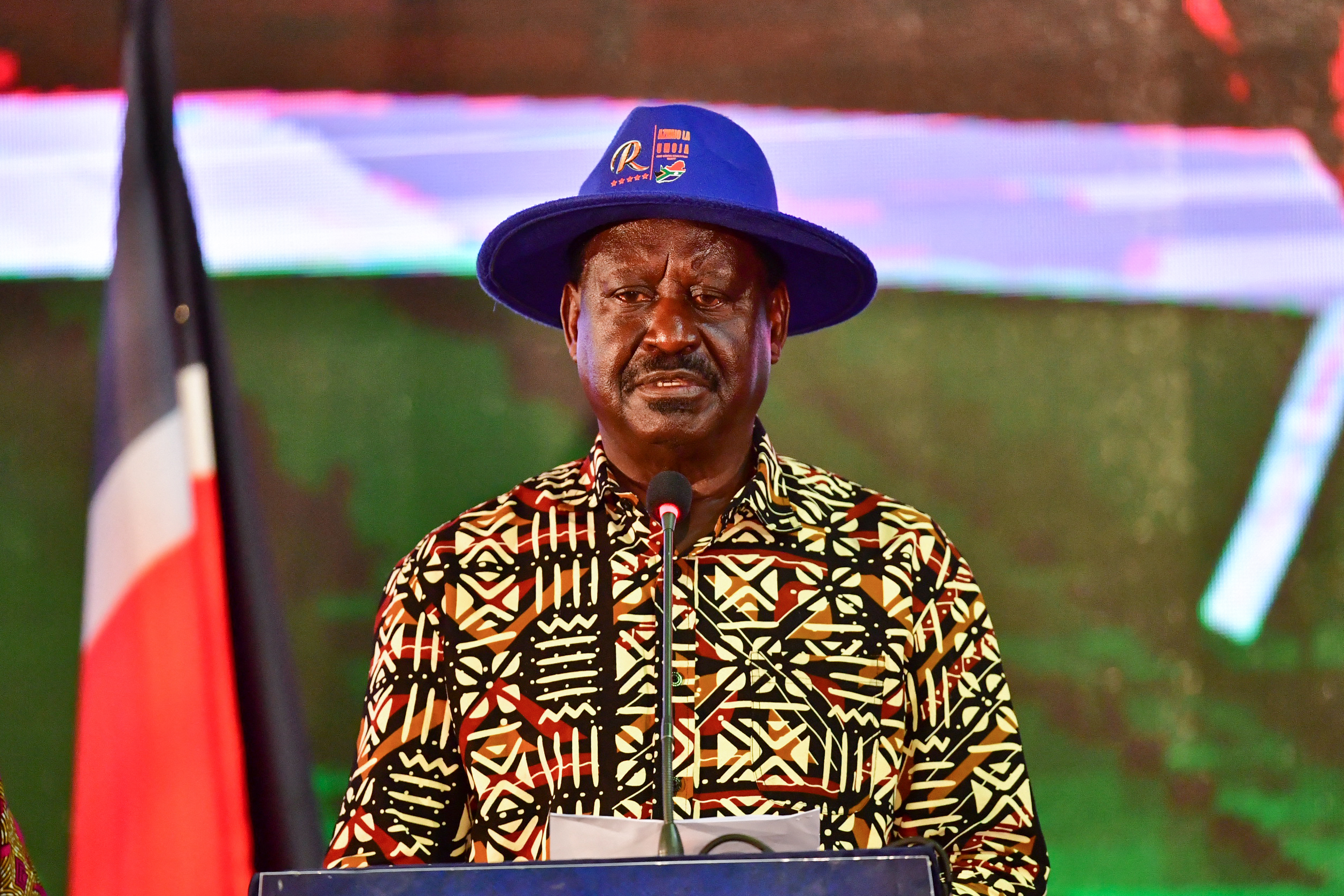Prime
The thrills, spills, and pain of the Kenya vote

Author: Charles Onyango Obbo. PHOTO/FILE
What you need to know:
The sense of marginalisation, more particularly in Raila’s Nyanza region, could deepen, with implications for the Kenyan nation project
As Kenya’s election commission announced that Deputy President William Ruto had won the August 9 presidential election, the drama was unfolding.
At the Serena Hotel, four of the seven election commissioners issued a statement rejecting the vote’s last tallying and validation stages. Former Prime Minister Raila Odinga didn’t show up at the Bomas venue for the announcement, representatives of his Azimio la Umoja (One Kenya Alliance) having refused to sign up on the final forms.
There was a brief scuffle in the Bomas hall before order was restored, and the commission proceeded with the results announcement. It wouldn’t have been a Kenyan election without all that. In it all, there were many signs of Kenya’s continuing democratic advance.
To begin with, despite the allegations of electoral malpractices, Ruto won the election by a “democratic margin”; 50.49 percent of the vote against Raila Odinga’s 48.85 percent – just 233,211 votes. Formula One fans will appreciate this; that is only over half the number of the nearly 410,000 fans who attended the Silverstone race in July this year.
A democratic margin indicates how much freedom and protected space exists for political competition for state power.
In Kenya, being seen to defend your cause, your vote, in a brawl might get you despised by the lofty middle class, but it plays well with the base and helps your political career. There are a few Ugandans who understand that well.
Now comes the likely court battle. One might wonder why, at 78 years and a couple of stabs at the presidency already, Raila can’t ride off into the sunset and enjoy the view of Lake Victoria from a villa somewhere on top of one of Kisumu’s hills.
There are several reasons why that is not a politically profitable path. For one, the courts in the last 25 years have become a vital platform, especially for political progressives and civil society, to advance civil, democratic, and social rights. Despite imperfections, the first part of this Kenya election was transparent in ways some people claim no vote anywhere in the world has ever been. That transparency led to the quick definition by the Azimio camp of what they think went wrong.
That transparency was made possible not so much by the law written by MPs, but by rulings of the Constitutional and Supreme courts, including those made in the 2017 nullification of outgoing President Uhuru Kenyatta’s re-election. It is par for the course that an attempt will be made to iron out the wrinkles revealed in this election in court.
Secondly, with Raila about to exit the political stage, the court case will also be part of the selection process for his successors. Brave legal and clever figures will emerge from the case, ready to wear the political crown.
Thirdly, much like Uganda, elections and petitions are a patronage redistribution vehicle for the professional class. Elections are the biggest pay season for strategists, technology firms, pollsters, marketing firms, jingle makers, poster makers, and printers. Many people in our information, knowledge and communication community feed off the carcass of elections.
Some of the leading law firms in Uganda rose to stardom and got fat from defending President Yoweri Museveni’s camp against charges of vote fiddling. In Kenya, the payday and packages are several times bigger.
The political system too, needs court cases because, especially given that you have a 50-50 chance of winning, it helps defuse anger at real and perceived disenfranchisement. Additionally, the fight itself enables those who lost fairly or were cheated to recover some standing with their voters. When Raila succeeded in the 2017 petition, it was like he had actually won the election. Partly unwilling to jeopardise his victory, he didn’t go for the court-ordered re-run. He didn’t need to. He had already won his trophy.
Some things in Kenya, though, elections or Supreme Court victories cannot fix. Ruto’s victory means the Kenyan presidency has remained in the Rift Valley-Central Kenya belt, which has dominated it since independence.
The sense of marginalisation, more particularly in Raila’s Nyanza region, could deepen, with implications for the Kenyan nation project.
A Ugandan expatriate in Nairobi got emotionally immersed in the Kenyan election. One of her close friends is a staunch Raila supporter. When the returns started trending for Ruto, she spoke to him, expecting him to be worked up. He was unbothered. She was a little puzzled.
He explained that deep down, “they” no longer expect that they will get a piece of the big Kenyan political cake. That part of the country had been alienated from them. That part of Kenya is dead to them.
This Kenyan election tried yet again to find an answer to that vexing political question. It looks like it came up short - again.
Mr Onyango-Obbo is a journalist, writer and curator of the “Wall of Great Africans”. Twitter@cobbo3





